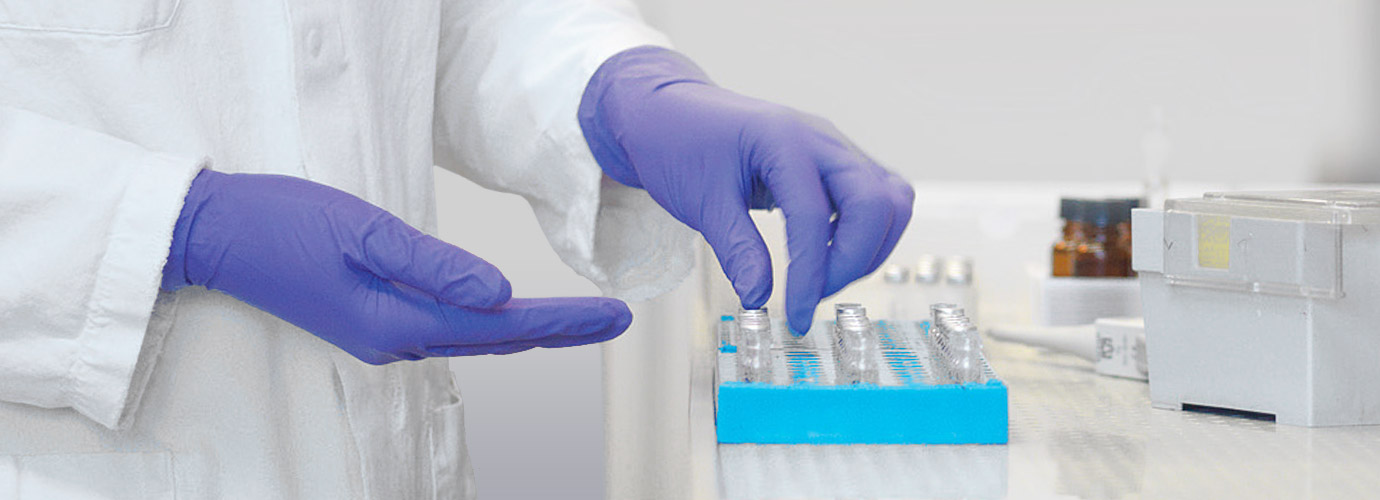06.2022
Author Prof. E. Harms, University Department of Pediatrics Münster
Peanut allergy is the most common IgE-mediated food allergy in children. The success of hyposensitisation treatment in older children is questionable. Until now, the only option for young children has been to strictly avoid the allergen, which is difficult.
A recent study from the USA presents the results of a multicentre, randomised, placebo-controlled hyposensitisation study with 146 children aged 12 to 48 months [1]. The eligible children were those who had an allergic reaction to 500 mg peanut protein or less during a double-blind, placebo-controlled food challenge. 96 children were randomly assigned to the verum group for oral hyposensitisation, receiving doses of purified peanut protein that were increased daily from 0.1 to 2000 mg. The 50 children of the control group received a placebo.
Results: After 134 weeks of treatment, 68 children of the verum group (71%) and only 1 child of the placebo group tolerated receiving 5000 mg peanut protein without showing allergic symptoms (desensitisation). Peanut protein was then strictly avoided for 26 weeks. Afterwards, 20 children of the verum group and only 1 child of the placebo group still tolerated the 5000 mg of peanut protein (remission). A further 20 children of the verum group still tolerated a lower dose of the allergen (at least 1755 mg of peanut protein), i.e. their allergic reaction threshold had increased indicating partial remission. The participants with low peanut-specific IgE levels and a higher IgG4 to IgE ratio prior to hyposensitisation had the best chances for successful desensitisation and remission.
Overall, the authors interpret their results as indicative of early childhood offering a window of opportunity for successful immunotherapy of peanut allergy.




